Accessing Clean Water
ACS Fall 2024
Global Virtual Symposium
Accessing Clean Water: Occurrence, Transport, and Toxicity of Traditional and Emerging Dissolved Contaminants
Environmental Chemistry Division
Traditional pollutants such as arsenic, fluoride, nitrate, and various geogenic and anthropogenic contaminants continue to limit the availability of safe drinking water worldwide, impacting public health. Moreover, the identification of emerging contaminants like uranium, vanadium, nickel, PoPs, PFAS, and VOCs has amplified these concerns. The pressing challenge of securing clean water access has emerged as a pivotal global concern, demanding collaborative efforts from scientists, engineers, policymakers, and health specialists. The symposium will explore our predictive capabilities for both generic and site-specific characteristics of contaminants across diverse water environments, and will bring diverse voices from around the world on one single platform.
Call for Abstracts:
We invite contributions from early career researchers and research scholars to submit abstracts for Flash Talks that:
- Showcase understanding of global, regional, and local-scale insights into contaminant mobility.
- Explore the mechanisms governing contaminant response from their sources to their impact on the human body through various pathways.
- Delve into the intricate water-solid phase interactions within dynamic natural water systems.
Symposium Features
Present your research in your local time zone
Inviting all early career chemists from diverse regions such as Asia, the Middle East, Africa, Latin America, and Oceania to deliver flash presentations.
Get exposure and recognition
As a presenter, you will receive a certificate of participation at ACS Meetings.
Abstracts will be listed in the CAS database and can be added to your Google Scholar profile.
Symposium schedule
Symposium will feature multiple sessions from August 18-22.
Sessions will be programmed at convenient daytimes of multiple regions such as Asia, the Middle East, Africa, Latin America, and Oceania; however, for the Americas, these sessions will be at early mornings and late nights.
Symposium Chairs
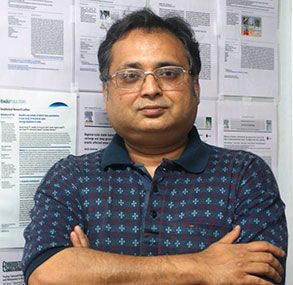
Prof. Abhijit Mukherjee
Indian Institute of Technology (IIT) Kharagpur, India
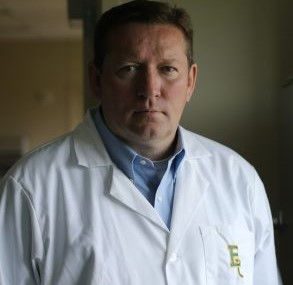
Prof. Bryan Brooks
Baylor University, USA
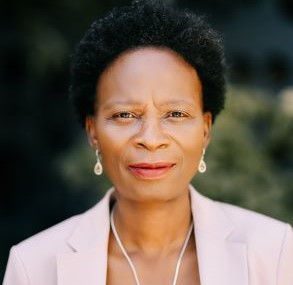
Prof. Beatrice Opeolu
Cape Peninsula University of Technology, South Africa
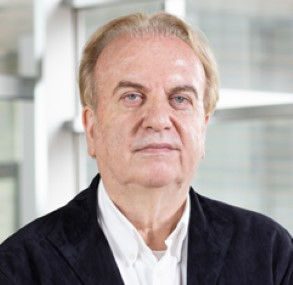
Prof. Damia Barcelo
Institute of environmental assessment and Water research (IDAEA-CSIC), Spain
Plenary Speakers
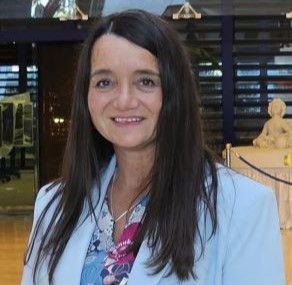
Prof. Karina S. B. Miglioranza
Universidad Nacional de Mar del Plata, Argentina
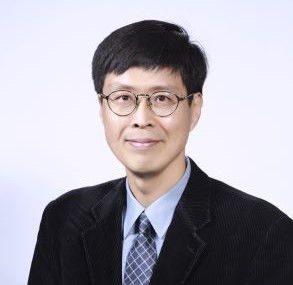
Prof. Kyungho Choi
Seoul National University, South Korea
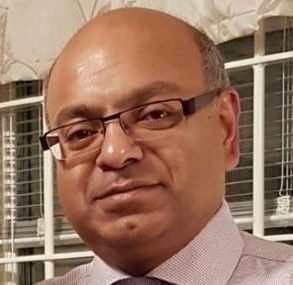
Prof. Prosun Bhattacharya
KTH Royal Institute of Technology, Sweden

Prof. David Polya
University of Manchester, United Kingdom
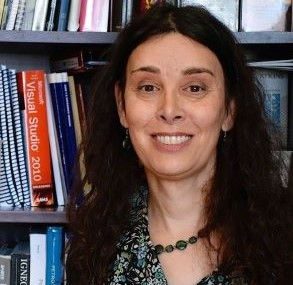
Prof. Karen Johannesson
University of Massachusetts, Boston, United States
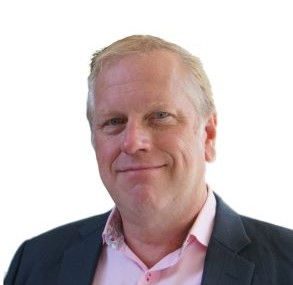
Prof. Shane Allen Snyder
Georgia Institute of Technology, United States
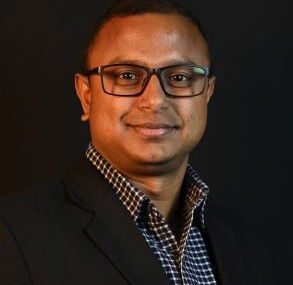
Prof. Venkata Krishnan
Indian Institute of Technology Mandi, India

Prof. Michael Berg
Eawag, Swiss Federal Institute of Aquatic Science and Technology, Switzerland

Prof. Joel Podgorski
Eawag, Swiss Federal Institute of Aquatic Science and Technology, Switzerland
Frequently Asked Questions
-
What are Flash presentations?
They are brief, impactful, and convey information about a novel protocol, perspective, technique, or research results. For instance, one Flash Talk may describe an innovative interdisciplinary research outcome. Another may describe results for a pilot/prototype study.
-
Can I submit an abstract if I'm not an early career researcher?
This symposium focuses on early career researchers, but all researchers are welcome to attend. However, the format of the presentation will be 8 minutes flash talk.
-
What is the submission deadline for abstracts?
The submission deadline for abstracts is April 1, 11:59 PM ET.
-
What is the required format for abstracts?
Abstracts should be 2500 characters or less and include the title, author(s), and a concise description of your research.
-
Can I include images or figures in my abstract?
Yes, limited use of images or figures is permitted to enhance your abstract's content.
-
When will I know if my abstract is accepted?
Presenters can expect to receive their acceptance notices approximately 3 months before the meeting. Scheduling notices are sent periodically starting approximately 2 months before the meeting.
-
What if I can't attend the symposium on the scheduled date?
While attending is encouraged, if you can't participate in real time, you can still submit an abstract for inclusion. In case the abstract is accepted, you can share a recorded version of flash talk.
-
Do I need to register separately if my abstract is accepted?
Yes, accepted presenters will have to register for ACS Fall 2024. Symposium organizers will reach out to confirm their participation.

